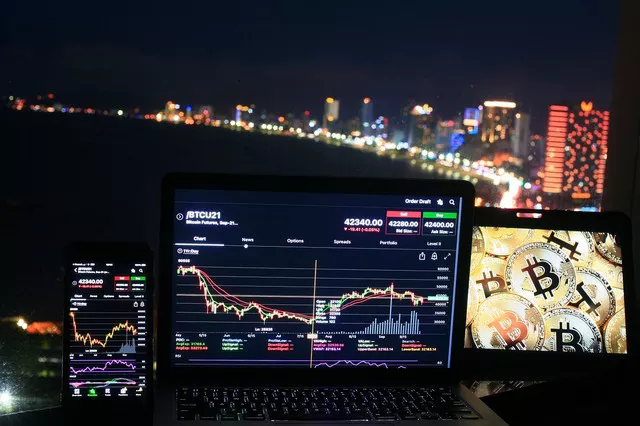Futures trading is a popular way to invest in financial markets, and mini futures contracts have become increasingly popular in recent years. Mini futures contracts are smaller versions of standard futures contracts, and they allow traders to participate in the futures market with less capital. In this article, we will provide a comprehensive guide to mastering mini futures trading, including what mini futures are, how they work, and tips for success.
What Are Mini Futures?
Mini futures are smaller versions of standard futures contracts. They are designed to allow traders to participate in the futures market with less capital. Mini futures contracts are available on a wide range of assets, including commodities, currencies, and stock indexes. There are several types of mini futures contracts, including E-mini, Micro E-mini, and Mini-DAX futures.
E-mini Futures:
E-mini futures are electronically traded futures contracts that are a fraction of the size of corresponding standard futures contracts. These contracts are predominantly traded on the Chicago Mercantile Exchange (CME) and are available on a wide range of indexes, commodities, and currencies. The first E-mini contract was launched in September 1997 and was based on the S&P 500.
Micro E-mini Futures
Micro E-mini futures are even smaller than E-mini futures, with a contract size that is 1/10th the size of the corresponding E-mini contract. Micro E-mini futures were created because the classic E-minis had become too expensive for many traders, effectively shutting them out of the liquid futures marke. Micro E-mini futures are available on the S&P 500, Nasdaq-100, Dow Jones Industrial Average, and Russell 2000 indexes.
Mini-DAX Futures:
Mini-DAX futures are smaller versions of the DAX futures contract, which is based on the German stock market index. Mini-DAX futures have a contract size that is 1/5th the size of the standard DAX futures contract.
How Do Mini Futures Work?
Mini futures work in the same way as standard futures contracts. A futures contract is an agreement between two parties to buy or sell an underlying asset at a predetermined price and date in the future. Mini futures contracts are smaller versions of standard futures contracts, and they allow traders to participate in the futures market with less capital.
For example, let’s say that a trader wants to buy a mini futures contract on the S&P 500 index. The current price of the S&P 500 index is 4,000, and the mini futures contract has a contract size of $50 per point. The trader decides to buy one mini futures contract at a price of 4,010. If the price of the S&P 500 index rises to 4,050, the trader can sell the mini futures contract for a profit of $2,000 (40 points x $50 per point).
Tips for Success in Mini Futures Trading
Here are some tips for success in mini futures trading:
Understand the Market:
Before trading mini futures, it is important to understand the market you are trading. This includes understanding the underlying asset, the factors that influence its price, and the market conditions that affect its volatility.
Develop a Trading Plan:
Developing a trading plan is essential for success in mini futures trading. A trading plan should include your trading goals, risk management strategies, and entry and exit points.
Use Technical Analysis:
Technical analysis is a popular tool for analyzing financial markets, including futures markets. Technical analysis involves analyzing price charts and using indicators to identify trends and potential trading opportunities.
Manage Risk:
Managing risk is essential in futures trading, and this is especially true for mini futures trading. Traders should use stop-loss orders to limit their losses and should never risk more than they can afford to lose.
Practice with a Demo Account:
Practicing with a demo account is a great way to gain experience in mini futures trading without risking real money. Many brokers offer demo accounts that allow traders to practice trading in a simulated environment.
Conclusion
Mini futures trading is a popular way to invest in financial markets with less capital. Mini futures contracts are smaller versions of standard futures contracts, and they allow traders to participate in the futures market with less capital. By understanding the market, developing a trading plan, using technical analysis, managing risk, and practicing with a demo account, traders can increase their chances of success in mini futures trading. Remember to always do your research and never risk more than you can afford to lose.


